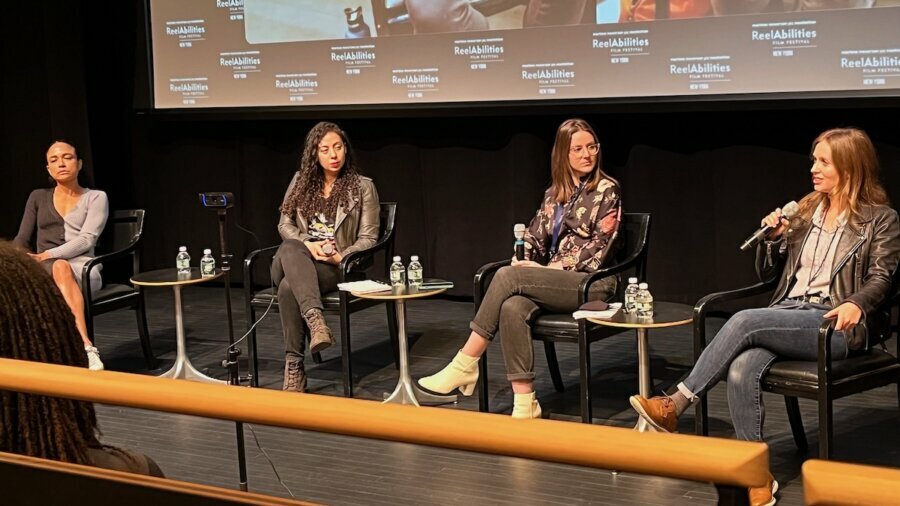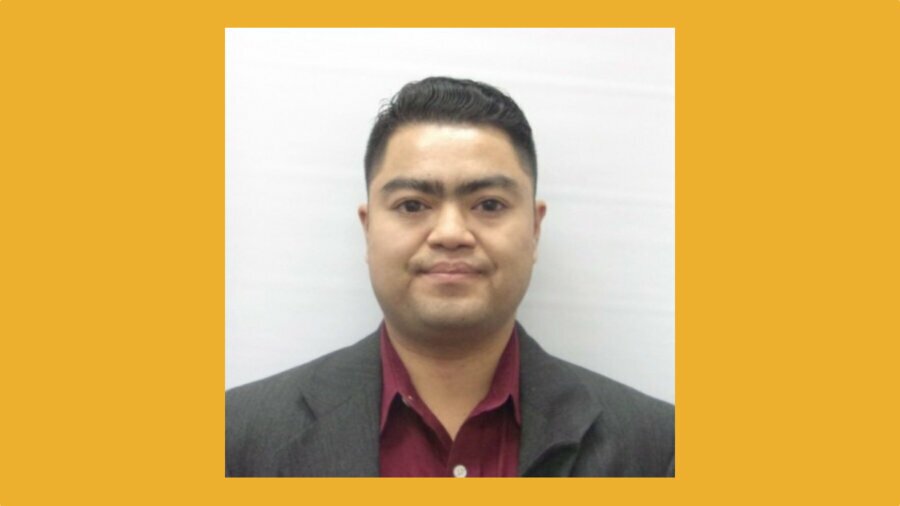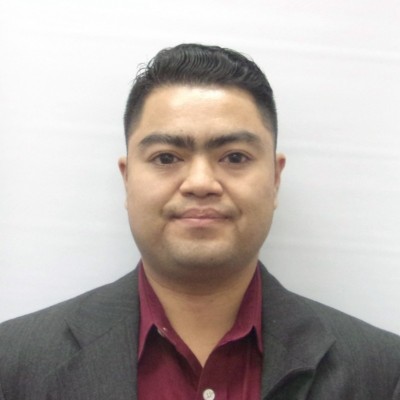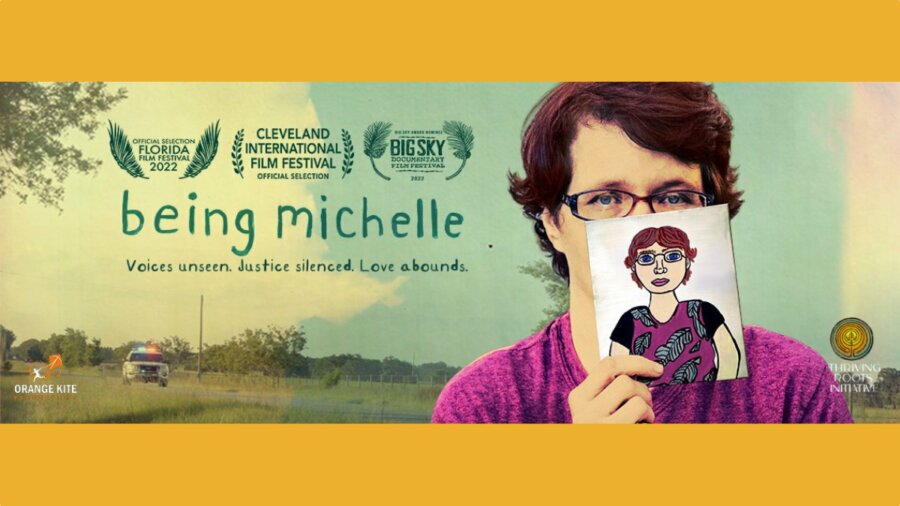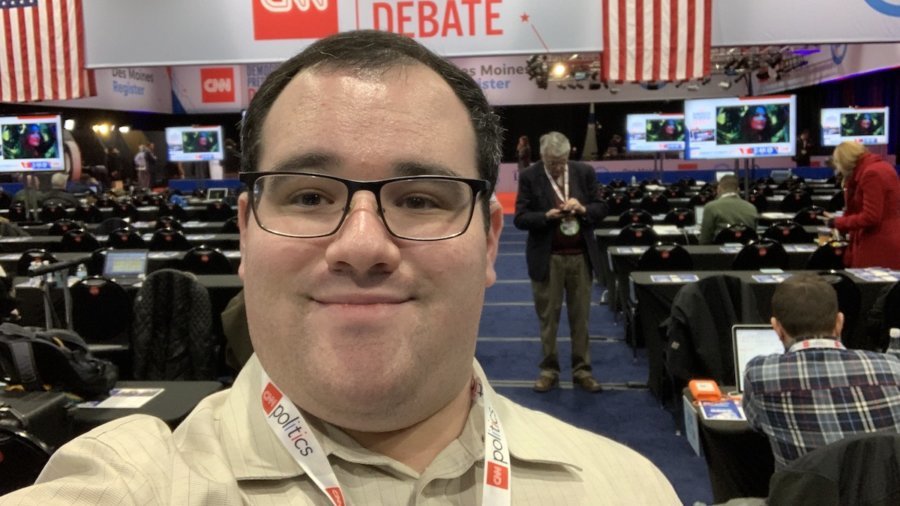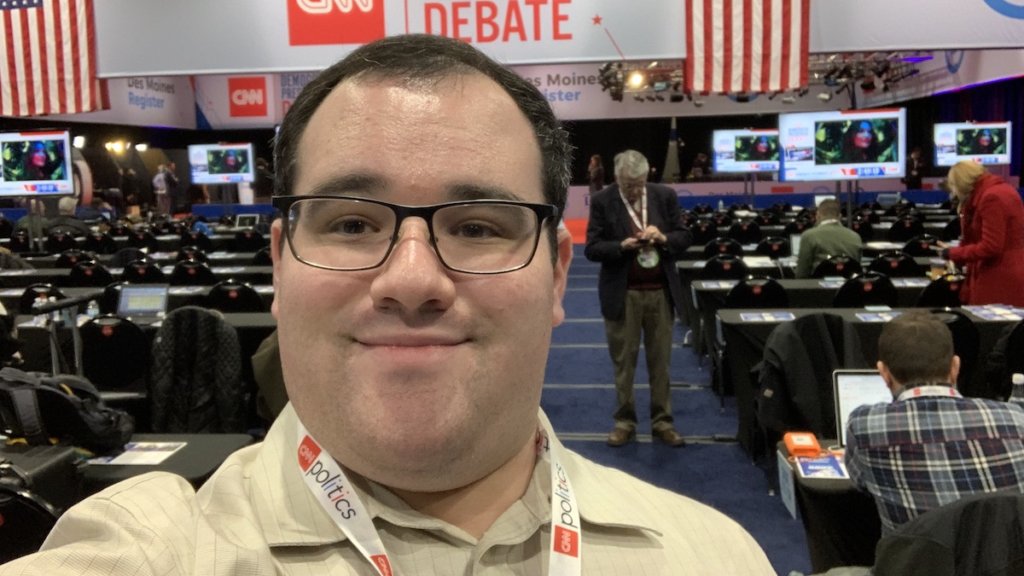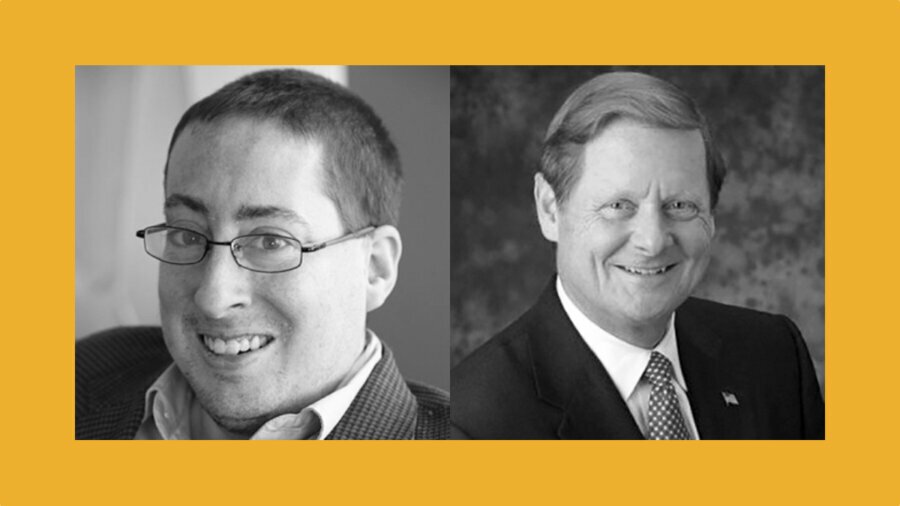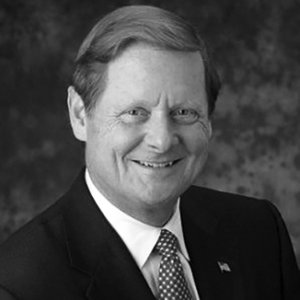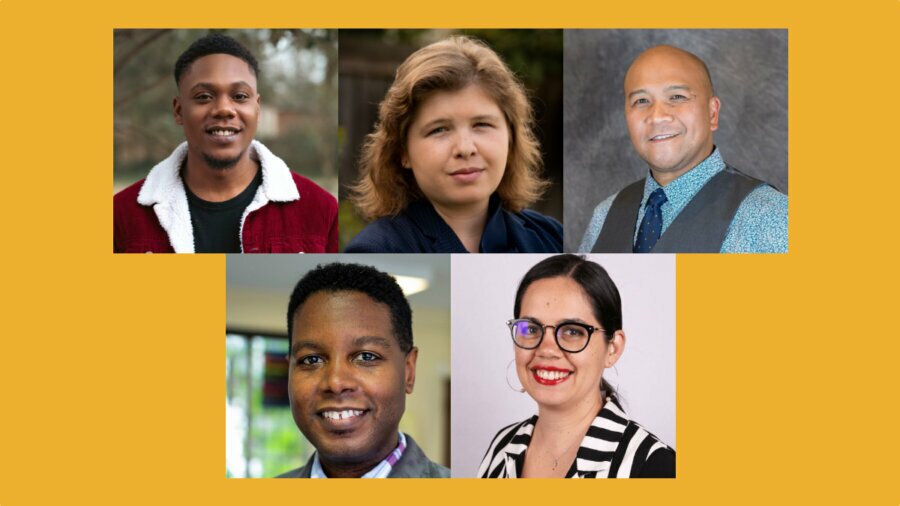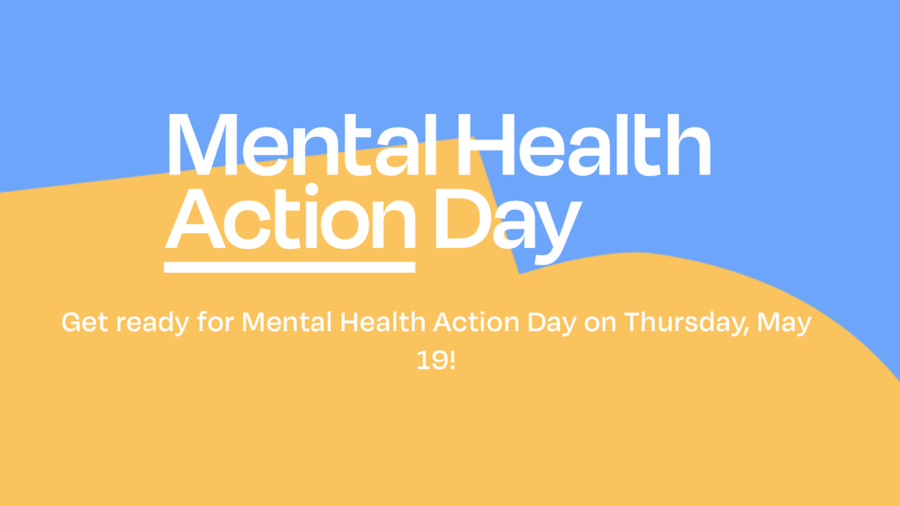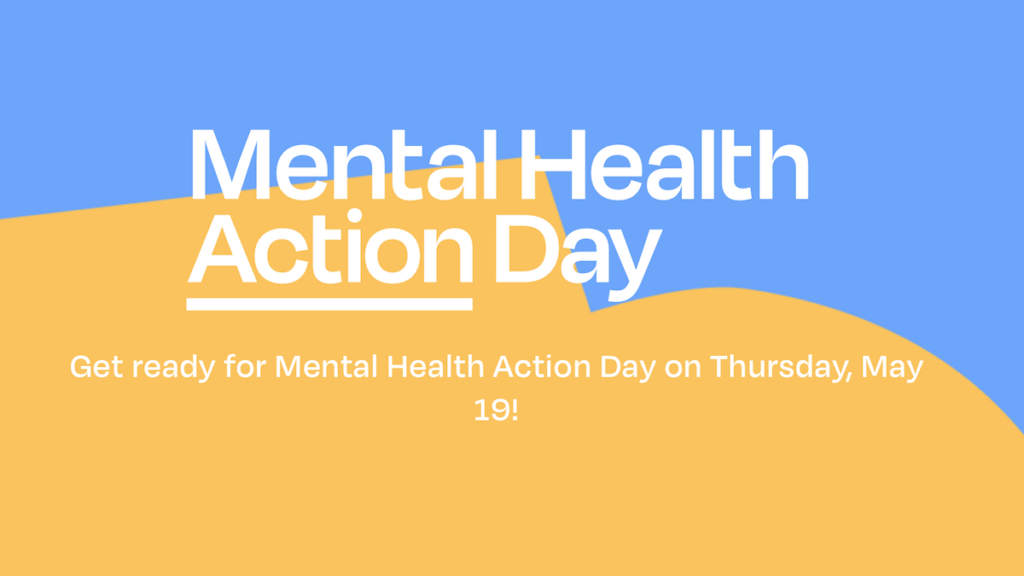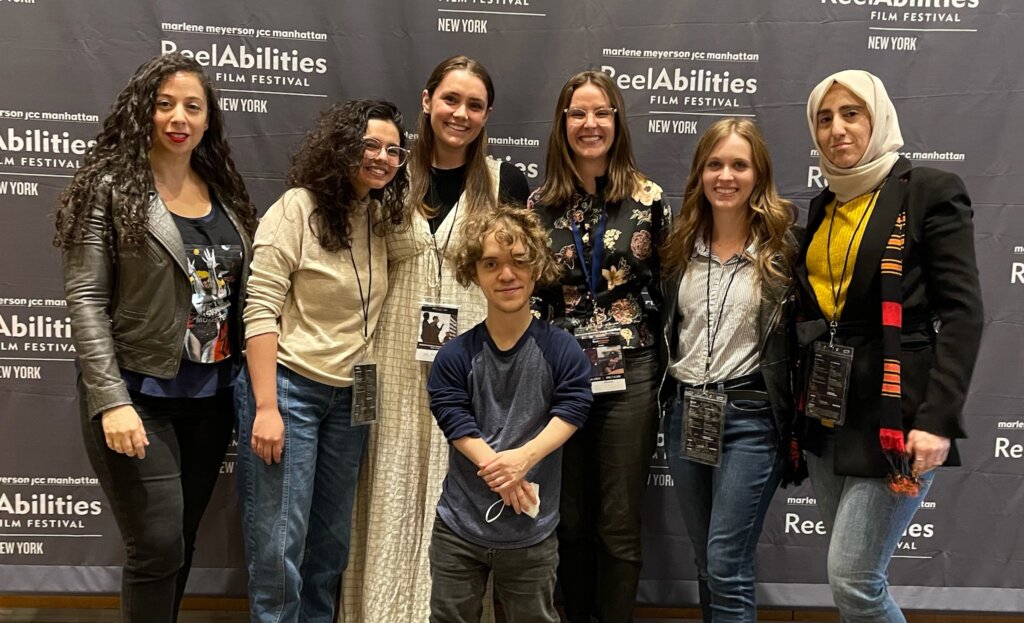
L-R: Nasreen Alkhateeb, Isabella Vargas, Molly McConville, Kiah Amara, April Caputi, Alaa Zabara, Colin Buckingham
New York, NY, April 14 – ReelAbilities, the nation’s largest film festival focused on disability inclusion hosted its first ever Film and Television Accessibility Summit in NYC last week. I had the opportunity to attend the summit where a wide variety of panelists spoke on all matters related to accessibility, and how we all can contribute to creating an accessible, successful, and welcoming entertainment industry.
The summit virtually covered every area of the industry, from pre-production to post-production and marketing. Each panel was produced with a sharp eye for accessibility, serving as the perfect model on how all events should provide accessible spaces. The panels were hybrid, giving some people the ease of tuning in virtually. There were several ASL interpreters throughout, closed captioning, and other accommodations were easily added in as requested by the audience. It was a great example of how different people with different disabilities and needs can co-exist in this kind of space. For me, this was a refreshing thing to see and experience in action. It gave me plenty of ease and comfort as a participant, and I believe it also gave each panelist a comfortable space to really dive into talking about disability and accessibility. [continue reading…]


